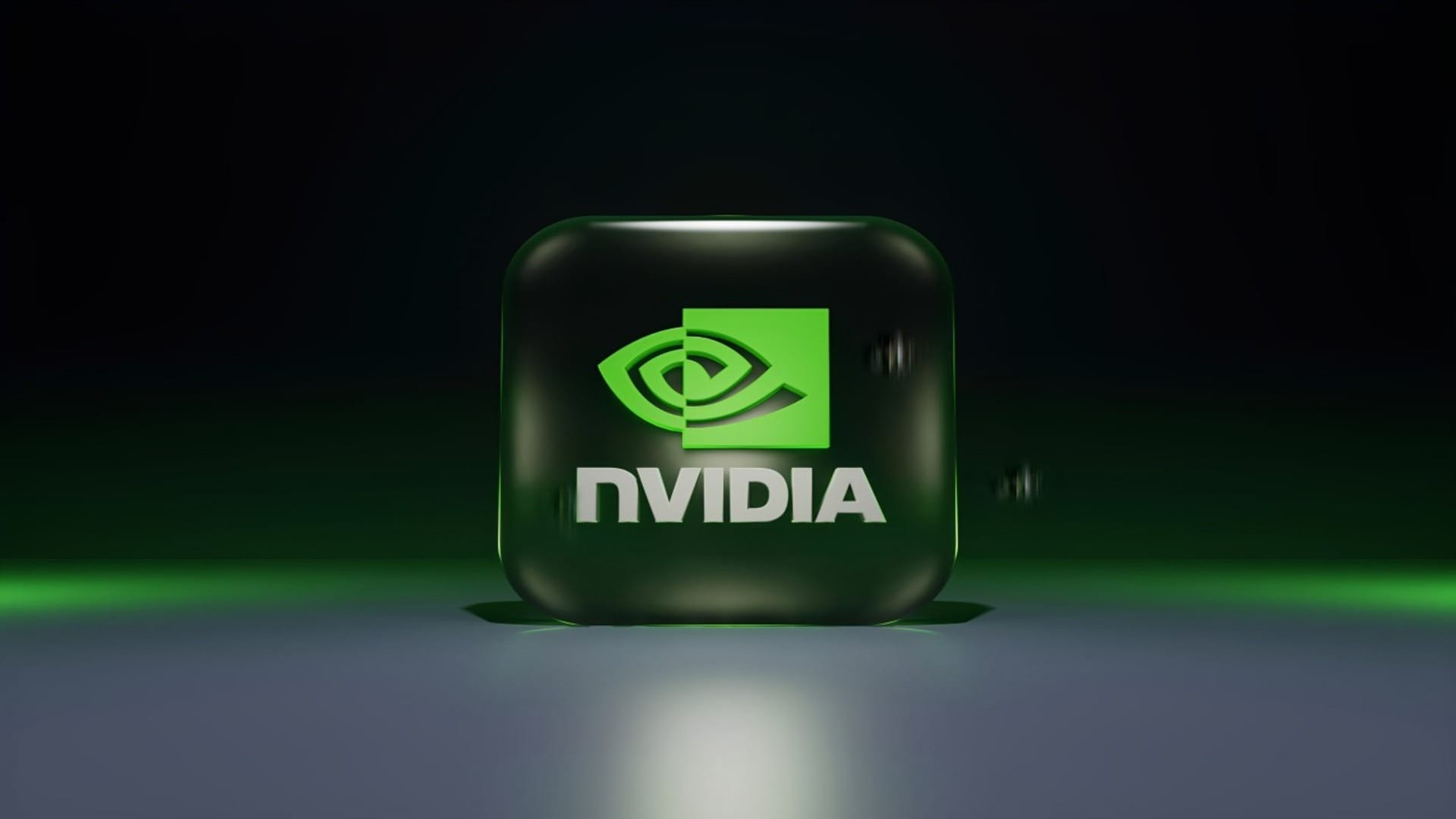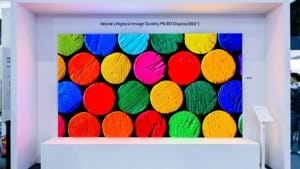Nvidia’s H20 chip challenges Huawei’s Ascend 910B in China
Nvidia's H20 GPU challenges Huawei's Ascend 910B in China, offering similar pricing and performance amid trade sanctions.

In a move that’s bound to ignite fierce competition in the Chinese tech market, Nvidia has unveiled its H20 graphics processing unit (GPU), setting the stage for a direct face-off with Huawei’s Ascend 910B. Both chips offer similar performance and pricing, making them strong contenders in China’s burgeoning artificial intelligence (AI) industry.
Table Of Content
Nvidia’s H20 GPU: A formidable competitor
The H20 GPU, designed to cater to Chinese customers’ AI training needs, is now available for pre-order. With prices ranging from US$12,000 to US$15,000 per card, Nvidia’s latest offering packs a punch in terms of computing capabilities, rivalling even Huawei’s Ascend 910B.
Comparable pricing and availability
The pricing for both the H20 and Ascend 910B chips align closely with an H20-powered high-end server featuring eight H20 cards, retailing at approximately 1.4 million yuan (US$195,800). In comparison, Huawei’s servers equipped with Ascend 910B chips were reportedly sold for around 1.36 million yuan in January this year.
Trade sanctions and innovation
The US trade sanctions have posed significant challenges for Nvidia, preventing the export of its advanced GPUs, including popular models like the A100 and H100, to China. Consequently, Nvidia has been compelled to devise alternative solutions. The previously tailor-made A800 and H800 GPUs faced hurdles due to updated US controls, leading to the development of the H20 GPU.

Nvidia’s strategic moves
Nvidia’s authorised distributors are actively engaging with Chinese clients to discuss H20 shipments, with some clients expected to commence testing the new chip soon. The first volume shipments of H20 to China are anticipated in the second quarter, and shipments of products containing H20 components are expected to start in July for some significant Chinese internet gear and server makers. A select few Chinese clients have already received H20 samples for testing purposes.
Global demand for Nvidia’s GPUs
Nvidia’s GPUs are currently in high demand globally, particularly among tech firms and cloud service providers. Major Chinese tech companies have invested heavily in acquiring Nvidia GPUs to support the latest advancements in generative AI technologies, exemplified by OpenAI’s ChatGPT. In fact, Nvidia’s data centre segment outperformed video gaming for the first time in the 2023 financial year, becoming the top revenue contributor. In the third quarter ending October 31, Nvidia’s data centre revenue soared by 279 per cent year-on-year, reaching a record US$14.51 billion.
Assessing H20’s capabilities
Given its constraints to comply with the new US regulations, the real test for the H20 chip lies in how Chinese clients receive it. While two sources have raised concerns that H20’s performance falls behind its predecessors, the A800 and A100, a source from a server maker suggests that a clear assessment is still pending, as comprehensive in-house testing is underway.
Conclusion
As Nvidia’s H20 enters the Chinese market, it competes with Huawei’s Ascend 910B, offering similar performance and pricing. The ongoing battle for dominance in the AI chip sector in China is set to intensify as both companies vie for the attention of tech giants and businesses in the country.
















